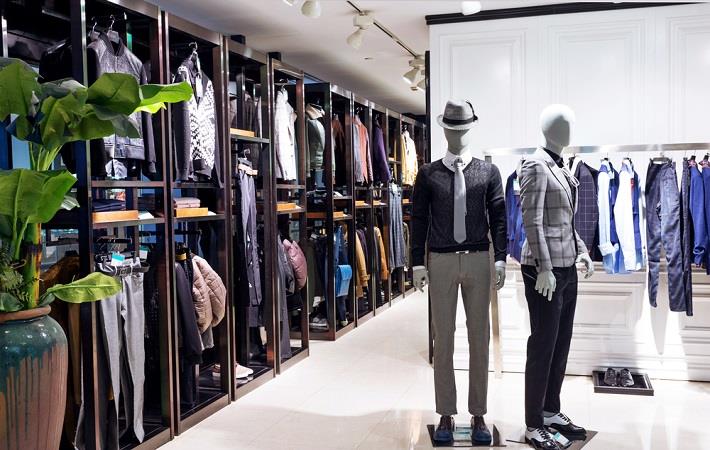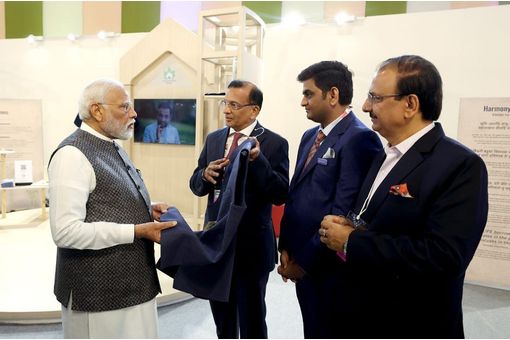Nearshoring is part of COVID-19 impact: Triburg CEO

"It is an issue if countries are nearshoring. Certain countries have done a jumpstart. I am talking to certain countries in Europe, and I understand that there is a resurgence of business from places like Morocco, Turkey, which will supply the regions around them, and because they have textiles, it is also easier," Saikia said during the panel discussion on 'Buying agents and buying in the new global order', guest anchored by Fibre2Fashion Consulting Editor Richa Bansal.
There are early signs that some companies will convert their distribution centres into partial production centres where workers are available. "Politically, it is going to be a dialogue to bring work home. But at the same time, there is a large piece of business which always cannot be nearshored. As far as, we are concerned in India or in the subcontinent, we will see a significant drop in business regardless of nearshoring for the simple reason that demand is coming down and there is a lot of inventory waiting to be shipped. This means trading with partners nearer home, across the borders close to us. We should relook at the kind of product that we are going to make," Saikia said during the panel discussion organised by Buying Agents Association.
Giving an idea about repurposing cancelled products for other markets, she said, "One of the things we are starting with is repurposing cancelled products, not only putting it in the market to liquidate through jobbers, but there is a possibility to repurpose it for some of the other countries. For example, if Spring/Summer is closing in here, in countries like Australia and South America the season is reverse, so we can repurpose for them."
Another point Saikia made was that people are more and more reaching out with very neat presentations online, with photography of products and pricing; products like overalls, coveralls, and things people may use when they are out on the street. They are willing to supply from 10 pieces to 10,000 pieces.
This has given rise to a new type of competition where instead of walking into somebody's warehouse to shop from the market, buying can be done online and products can be brought to stores, said Saikia. "I am also talking to lot of young designers who have their own businesses. They are creating new ideas for selling; again this is local sourcing and local selling. So, nearshoring from design perspective is also happening now."
"Covid is here to stay and we have to work around it. The manner in which we are going to plan of how to function is not a short-term situation, it is going to be much longer," she concluded.
Click here to watch recording of the panel discussion
Fibre2Fashion News Desk (RKS)
































-Ltd..jpg?tr=w-120,h-60,c-at_max,cm-pad_resize,bg-ffffff)





.jpg?tr=w-120,h-60,c-at_max,cm-pad_resize,bg-ffffff)
.jpg?tr=w-120,h-60,c-at_max,cm-pad_resize,bg-ffffff)






